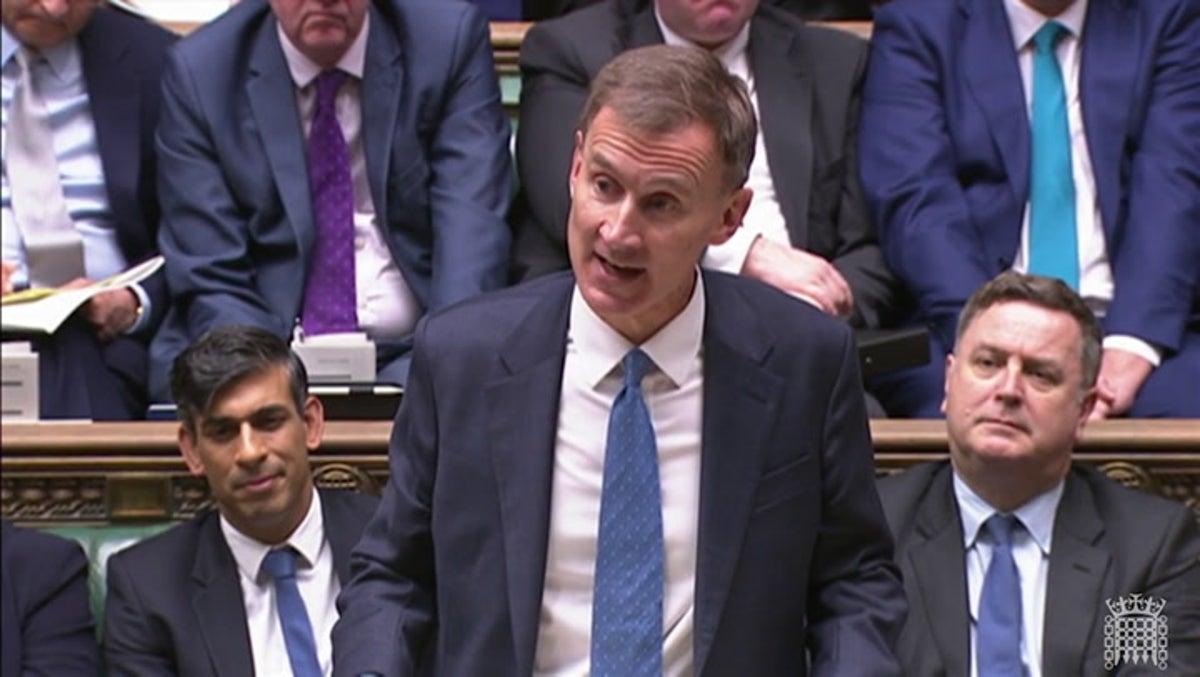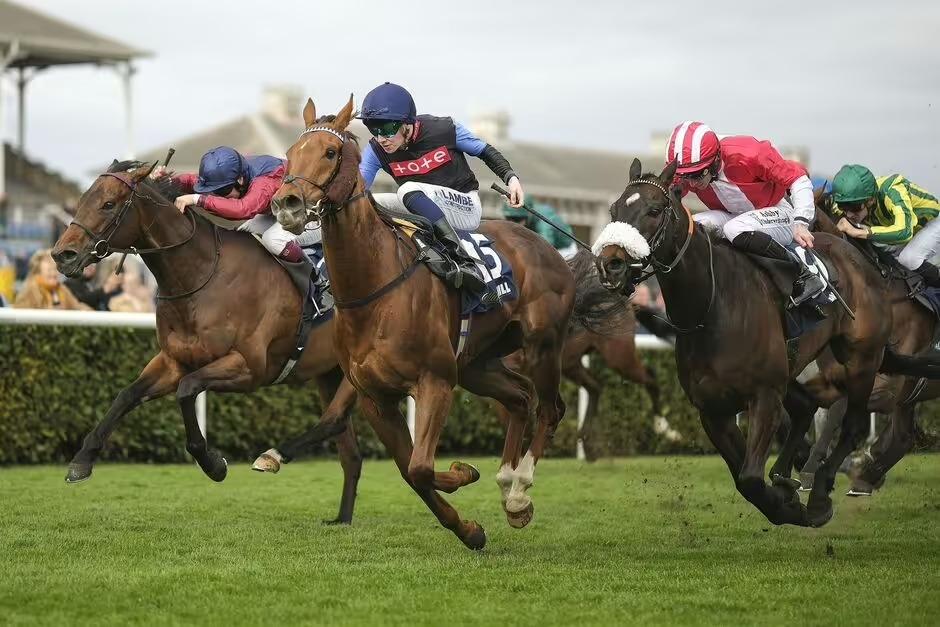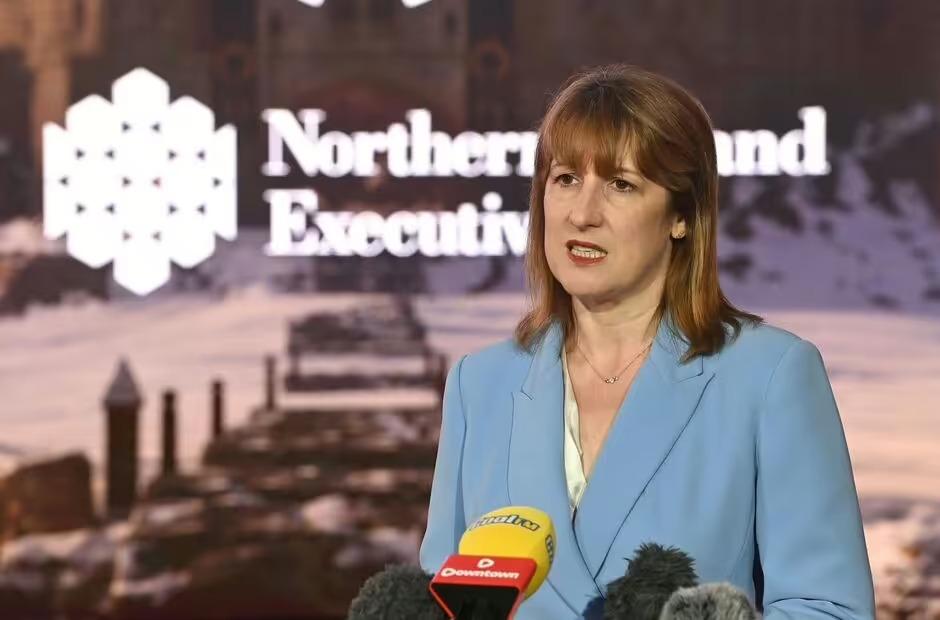Treasury Proposals Spark Outrage and Rachel Reeves’ Tax Hike Fears Anger Bigwigs as British Horse Racing Faces First Major Test

The British horse racing industry, a cornerstone of the nation’s cultural and economic fabric, is facing an unprecedented crisis as the government’s proposed tax hikes threaten to destabilize the sector. Chancellor Rachel Reeves, tasked with addressing a reported £50 billion fiscal shortfall, has ignited a firestorm of controversy with plans to increase betting taxes, prompting the industry to take the drastic step of staging its first-ever strike. On September 10, all four scheduled race meetings at Carlisle, Uttoxeter, Lingfield Park, and Kempton Park will be canceled, a move expected to cost the industry £700,000 in immediate revenue losses. This bold act of defiance underscores the depth of concern among racing stakeholders, who warn that the proposed tax changes could devastate a sport that contributes £4.1 billion annually to the UK economy and supports 85,000 jobs.

The Treasury’s consultation paper, released earlier this year, proposes harmonizing the tax on horserace betting with that of online gambling, raising the rate from 15% to at least 21%. Industry leaders argue this “one-size-fits-all” approach fails to recognize the fundamental differences between horse racing and online casino games. Unlike slot machines or digital gaming platforms, horse racing is deeply rooted in skill, tradition, and rural communities, with significantly lower rates of gambling-related harm. The British Horseracing Authority (BHA) and The Jockey Club, which operates 15 racecourses including Aintree and Cheltenham, have been vocal in their opposition, warning that the tax hike could slash the industry’s income by £66 million at the lower rate, and up to £160 million if the tax rises to 40%. Such losses could trigger a “vicious cycle of decline,” with fewer horses in training, reduced racecourse activity, and a shift in betting toward unregulated black markets.

Jim Mullen, Chief Executive of The Jockey Club, has described the tax rise as potentially causing “irreparable damage” to a sport that draws crowds second only to football in the UK. He emphasized the industry’s cultural significance and its role in supporting rural economies, with every 20 horses in training generating £1 million in economic benefits. The BHA’s chief executive, Brant Dunshea, echoed these concerns, stating that the tax proposal “threatens the very future” of horse racing. The decision to strike, a historic first for the industry, was not taken lightly but reflects a unified stance against what many call a “destructive” policy. On the day of the strike, owners, trainers, and jockeys plan to converge on Westminster to campaign against the tax, urging the government to reconsider its plans.

The controversy has drawn attention to broader fiscal challenges facing the Labour government. Reeves, under pressure to balance the budget without breaking manifesto promises to avoid raising income tax, VAT, or National Insurance for working people, has turned to alternative revenue sources. Former Prime Minister Gordon Brown has championed the betting tax increase, arguing it could raise £3.2 billion to fund social initiatives like abolishing the two-child benefits cap. However, the racing industry contends that such a move would disproportionately harm a sector already in a precarious financial position, pushing bettors toward unregulated markets with no consumer protections or contributions to public funds.
The Treasury has defended its proposal as a means to simplify tax structures and reduce bureaucracy, insisting it is not solely about increasing revenue. A spokesperson welcomed input from stakeholders, but the government’s refusal to rule out tax rises has fueled uncertainty. Economists warn that Reeves faces a “trilemma” of meeting spending commitments, honoring manifesto pledges, and adhering to borrowing limits, with tax hikes appearing increasingly inevitable. The proposed betting tax rise has already sent shockwaves through the gambling sector, with shares in major firms like Flutter, Entain, and Evoke plummeting, wiping billions off their market value.
Critics argue that the government’s approach risks alienating key industries and communities. The racing sector, which attracts nearly five million spectators annually, is a cherished part of Britain’s heritage, and its leaders are calling for a policy rethink to protect its future. As the September strike looms, the industry is rallying under the banner “Axe the Racing Tax,” highlighting the stakes for jobs, rural economies, and the sport’s global reputation. Whether the government will heed these warnings or press ahead with its fiscal plans remains to be seen, but the outcome of this standoff could shape the future of British horse racing for years to come.




